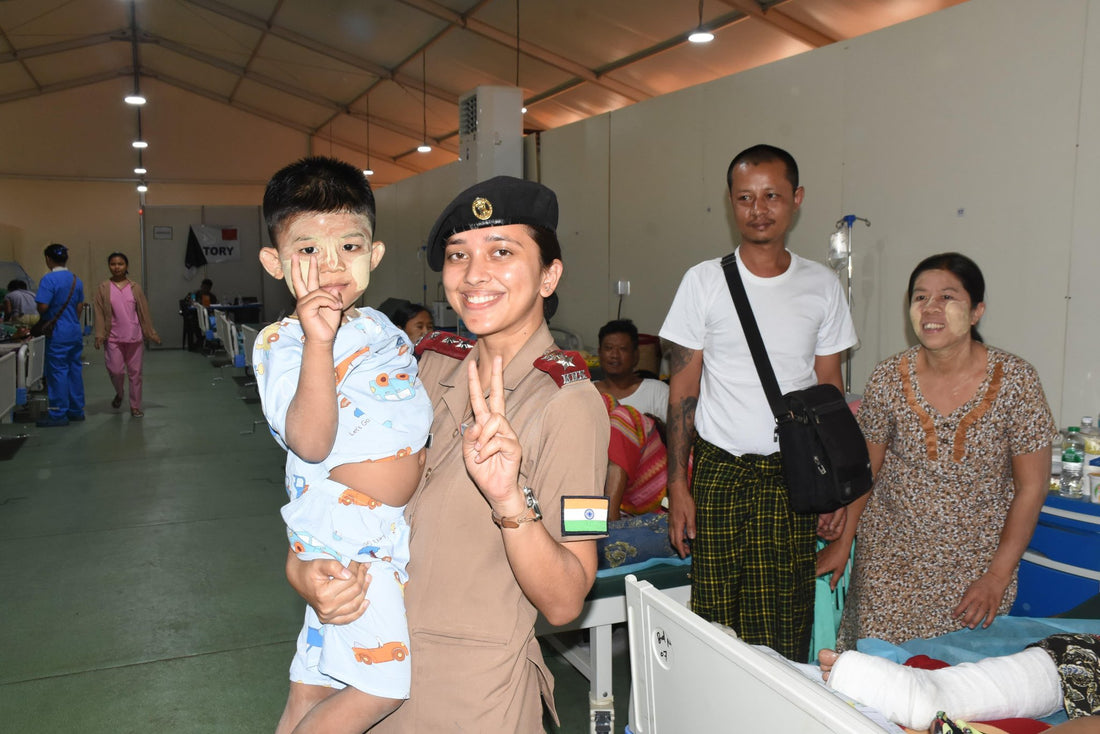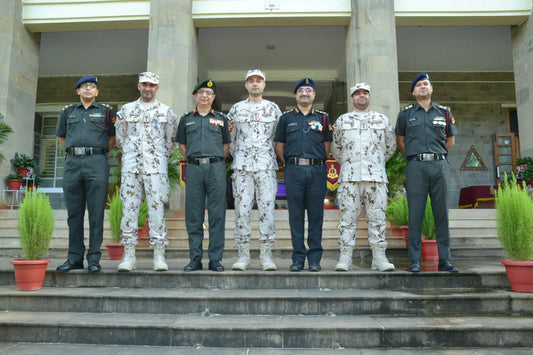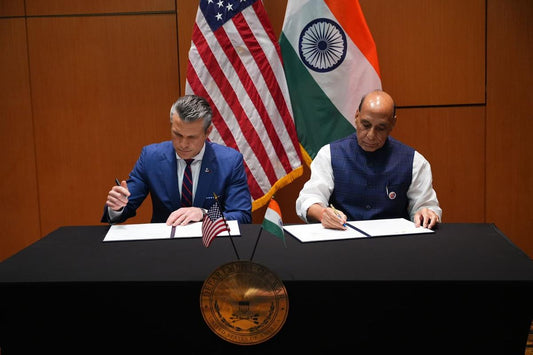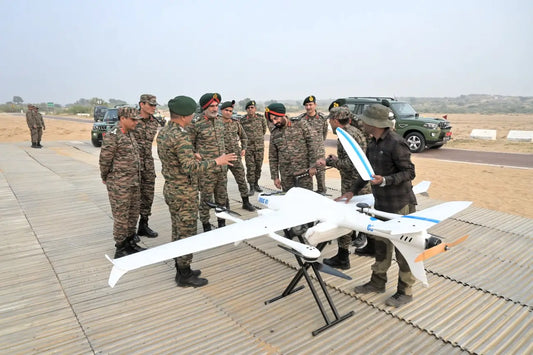Exploring the Role of Indian Military Nursing Service Officers: History, Responsibilities, and Future Prospects

The role of a Military Nursing Service (MNS) officer in India is a unique blend of healthcare provision, military discipline, and a steadfast commitment to national service. This profession, which is exclusive to women, requires them to excel not only in medical skills but also in adhering to strict military protocols. Their duties extend beyond caring for military personnel, as they often find themselves in high-pressure situations like battlefields and disaster zones, where adaptability and resilience are crucial. Exploring the diverse roles and responsibilities of MNS officers reveals their rich history, demanding training, and the challenges they face, all while exemplifying courage and service.
Historical Context
The MNS was formally established in 1926 as the Indian Military Nursing Service to support the British Indian Army, marking a pioneering step for women in the military. Post-independence in 1947, the service was renamed, reflecting India's full sovereignty. The MNS has played a crucial role in significant military operations, including the challenging conditions of World War II. These historical milestones have created a legacy of strength, sacrifice, and professionalism that continues to inspire new generations of nursing officers.
Evolution of Military Nursing in India
- Pre-independence Era: Initially, nursing roles in the armed forces were largely occupied by British staff, with Indian women gradually joining the ranks.
- Post-independence Transformation: The establishment of the MNS after 1947 marked a major transformation, facilitating Indian women's entry into military healthcare roles.
This historical evolution highlights not only the development of nursing as a profession but also the increasing recognition of women's contributions to the military.
Roles and Responsibilities
MNS officers bear a wide range of responsibilities beyond traditional nursing roles. Their duties are crucial to maintaining the health and readiness of armed forces personnel, merging healthcare excellence with military discipline.
Key Responsibilities:
-
Healthcare Provision:
- Patient Care: MNS officers provide comprehensive medical care, covering emergency treatments, routine check-ups, and chronic condition management.
- Mental Health Support: They offer psychological counseling to help personnel cope with the mental strains of military life.
-
Military Integration:
- Adherence to Military Protocols: MNS officers operate within structured military frameworks, requiring strict compliance with protocols and discipline.
- Collaboration with Other Military Units: They work alongside other military branches, contributing to joint missions requiring medical support.
-
Emergency Preparedness:
- Disaster Response: Training for natural disasters or battlefield emergencies is vital, preparing them to function effectively under stress.
-
Training Future Generations:
- Mentorship: Senior MNS officers play a key role in training and mentoring junior nurses, shaping the future of military nursing.
These responsibilities necessitate a unique blend of nursing expertise and military acumen, enabling MNS officers to deliver care in demanding contexts.
Training and Preparation
Joining the MNS is a rigorous journey, starting with a significant commitment to training. Aspiring officers undergo extensive professional education that covers both medical and military preparation.
Training Components:
-
Professional Nursing Education:
- Candidates typically hold a B.Sc. in Nursing or equivalent qualifications, with a competitive selection process ensuring only the most qualified join the ranks.
-
Military Training:
- Officers receive comprehensive military training, including physical fitness, weapon handling, and tactics, preparing them for service challenges.
-
Field Experience:
- Practical training in military hospitals and field clinics provides hands-on experience in delivering care under pressure in diverse environments.
Continuous learning is crucial, with MNS officers regularly engaging in further education and skill enhancement workshops to stay current with nursing and military advancements.
Statistical Data and Research Insights
Quantitative data about the MNS, though limited publicly, highlights the growing recognition of their role within the Indian Armed Forces. Here are some insights:
- Service Size: The Military Nursing Service includes several hundred officers actively serving across various military establishments nationwide.
- Deployment Statistics: MNS officers often deploy in emergencies, with many having served in UN peacekeeping missions, underscoring their international significance.
Specific numerical data on salaries, promotions, or workforce distribution is not publicly detailed, but the MNS is known for its high standards, demanding selection processes, and critical role in maintaining military readiness and healthcare.
Challenges and Solutions
The journey of an MNS officer is purposeful and dedicated, yet it is not without challenges.
Key Challenges:
-
Long Deployments:
- MNS officers frequently endure extended periods away from home while serving in conflict zones or on humanitarian missions.
-
Mental Health Strains:
- The high-pressure environment can lead to significant psychological impacts, requiring robust support systems.
-
Balancing Dual Roles:
- Managing the dual expectations of military discipline and healthcare responsibility can be daunting.
Potential Solutions:
-
Mental Health Support Systems:
- Institutions can enhance psychological support for officers to address mental health challenges accompanying their service.
-
Structured Work-Life Balance Programs:
- Programs supporting officers' home life can ensure strong family dynamics despite lengthy deployments.
-
Training in Resilience and Adaptability:
- Incorporating resilience training in military nursing education can equip officers with tools to handle unique challenges.
Future Trends and Predictions
The future of the MNS is likely to evolve alongside advancements in healthcare and military practices. Key trends include:
- Increased Integration of Technology: Telemedicine and mobile health technologies may transform how MNS officers deliver care, especially in remote or combat zones.
- Greater Focus on Mental Health Services: With a growing recognition of mental health's importance, MNS officers may receive more specialized training in this area.
- Enhanced Roles in Humanitarian Missions: As India engages more in global humanitarian efforts, MNS officers might increasingly participate in international peacekeeping and crisis response roles.
Conclusion
The life of an MNS officer is a testament to courage, resilience, and an unwavering commitment to serving the nation. These pioneering women play a crucial role in ensuring the health and readiness of the Indian Armed Forces, often working in extreme and challenging environments where their skills are tested. Through rigorous training and a deep sense of duty, MNS officers embody the spirit of national service, ensuring that, even in adversity, the well-being of their fellow soldiers is prioritized.
As society becomes more aware of the invaluable contributions of women in the military, the future of the MNS holds promise for growth, innovation, and greater service to the nation. By addressing the challenges they face and embracing emerging trends, the MNS can continue to stand as a pillar of strength within the Indian Armed Forces, ensuring nursing and military service remain intertwined for generations to come.



















